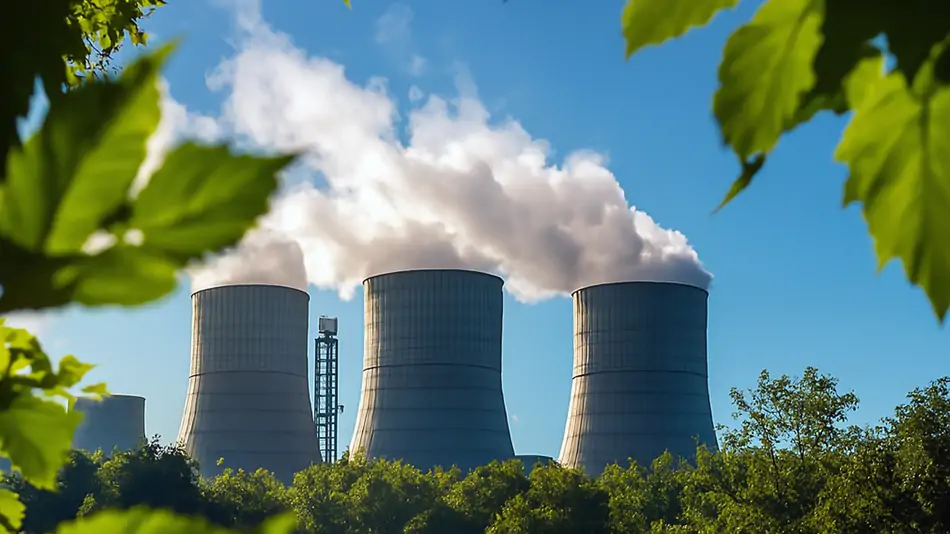Green Manufacturing: China’s New Footprint Compliance Wave
- 03/13/2018
- Posted by: Charles.YANG
- Category: Industry Insights

In recent years, China has emerged as a key driver in global sustainability efforts, particularly with its commitment to “carbon neutrality by 2060.” This ambition has ignited a wave of regulatory upgrades targeting emissions, energy use, and carbon footprint management across the manufacturing sector.
Why It Matters Now
For overseas buyers and supply chain managers sourcing from China, the shift is not just symbolic. As of early 2018, more regions—including Guangdong, Zhejiang, and Jiangsu—have begun piloting carbon emission assessments and requiring sustainability documentation during supplier qualification phases.
At Eddso, we’ve witnessed firsthand how clients are increasingly concerned with Scope 1 and Scope 2 emissions, traceability of raw materials, and whether their suppliers maintain any real ESG reporting discipline—or just greenwashing brochures.
Key Observations from Our Field Work
- Low Awareness in Tier-2 Suppliers: While large exporters often report CO2 data, many tier-2/tier-3 factories still have little idea what “carbon footprint” even means.
- Factory Energy Audits Are Rare: Only ~15% of SMEs we visited had a formal record of annual energy consumption, let alone digital monitoring.
- Recycled Material ≠ Sustainable: One supplier claimed to use 80% recycled aluminum but lacked life-cycle impact analysis, leading to misleading sustainability claims.
How Eddso Supports Clients
Through our LS3: Blue-Planet & CO2 service, we assess:
- Actual carbon intensity of a supplier’s production line
- Electricity usage profiling (e.g., heat recovery, LED retrofits, load shifting)
- Sustainability compliance mapping aligned with buyer country ESG regulations
Our deliverables include both quantified carbon scores and compliance suggestions. Most importantly, we help clients choose suppliers not only for price and lead time—but also for long-term environmental viability.
Looking Ahead
With EU CBAM (Carbon Border Adjustment Mechanism) and U.S. SEC climate disclosure rules taking effect soon, your Chinese suppliers will no longer be exempt from carbon transparency.
Eddso will continue helping clients build resilient, sustainable sourcing systems that meet future compliance—and public expectations.

